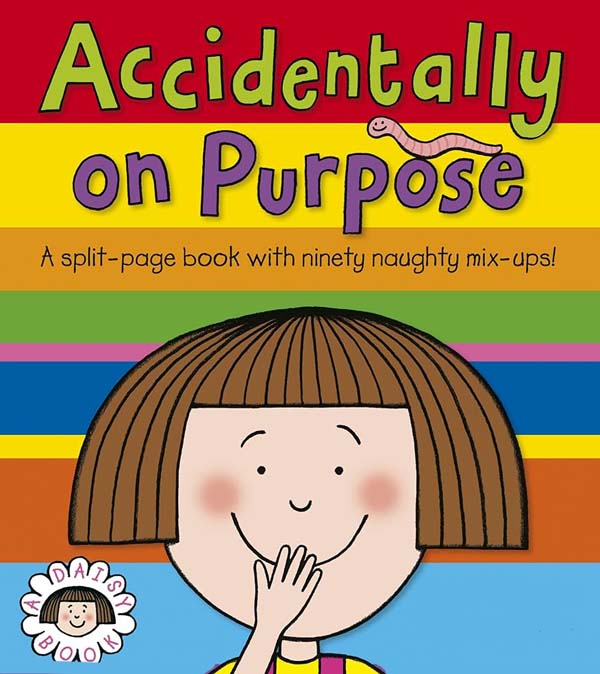
In its request for proposal (RFP) for the redevelopment of the 86-acre Tropicana Field property, the City of St. Petersburg required that a city-produced proposal form be filled out, signed and submitted with any proposal. The language in Part H of the RFP on page 25 was quite clear: “a signed Proposal From…must be submitted” with any proposal.
However, a review of the city’s own records shows that the proposal submitted by Hines/Rays did not contain the required form. In contrast, all three losing proposers complied with the requirement and submitted a signed proposal form.
Hines/Rays is a partnership between Hines, a privately owned real estate investment, development and management firm that was founded in 1957, and the Tampa Bay Rays Major League Baseball (MLB) franchise that currently plays at Tropicana Field.
Mayor Ken Welch quickly selected the Hines/Rays proposal as his choice on January 23rd, 2023, a mere two months after the proposal submission deadline.
City Council must approve any agreement with Hines/Rays, and was expected to vote on the Hines/Rays deal in June. However, and in light of our findings, can city council now vote on it?
The Hines/Rays proposal failed to meet the city’s own stated basic requirements, yet it wasn’t. Any such deficiencies had to be remedied before the November 18, 2023 proposal deadline, yet it wasn’t. The city’s failure to adhere to its own requirements could have great ramifications.
Submitting the signed proposal form is not merely a formality. By signing it, any proposer “certifies that the enclosed proposal is being submitted and is subject to the terms and conditions as outlined in the Request for Proposal as issued by the City of St. Petersburg.” And with no signed form, there is no certification, no binding to the city’s terms and conditions, and no qualified proposal has been submitted to the city from Hines/Rays.
Despite the RFP stating that only “qualified proposals will be presented to the Mayor for his consideration and selection,” city staff apparently still presented the Hines/Rays proposal to Welch.

There is a strong indication that Hines/Rays simply forgot to include the required proposal form in their proposal. The RFP said the proposals “should be individually tabbed” as parts A through H, reflecting the structure the city wanted to see in each proposal. All proposers did so, dividing their proposals into sections A through H.
That is — all proposers did so except Hines/Rays. Their proposal only had section A through G.
TampaBayGuardian.Com found this serious disqualifying defect in the Hines/Rays proposal as part of its scrutiny of this multibillion dollar stadium project, the largest in the city’s history. Welch’s proposed deal contains corporate welfare and giveaways worth at least two billion dollars for Hines/Rays.
As a result, the deal between the city and Hines/Rays that Welch has been pushing and city staff are putting the final touches on has led to strong criticism from NoHomeRun.Com and other organized groups.
Founded by retired Raymond James financial analysts experienced in the economics of large public projects, NoHomeRun argues that the proposed deal is unfair to taxpayers. They argue that a better deal can be had, whether with the Rays or somebody else — an economically much better deal for taxpayers.
Our findings will lead to questions for those responsible for receiving and qualifying the proposals. Questions like: how did the city’s so-called procurement analyst not see that a required form was missing in the Hines/Rays proposal?
The term “Procurement Analyst” is mentioned 95 times in the city’s current “Procurement Operations Manual” and is responsible both for preparing RFPs and “determining adequacy of proposals.”
There will likely also be tough questions for the mayor’s office, as well as for the Tampa Bay Rays. If the city has to start all over again, it will be its third RFP it issues for the land in question. This after Welch rejected the proposals solicited by his predecessor, Mayor Rick Kriseman.
Is it time for the city to slow down and get it right? Or will voters and taxpayers continue to get the bum’s rush? Will any effort by the Welch administration to “fix this” unfixable deficiency in the Hines/Rays proposal be seen as a sign that the fix is in?
As always….the Guardian reports and the readers decide. Please like our Facebook page to find out when we publish new stories.
……………….



